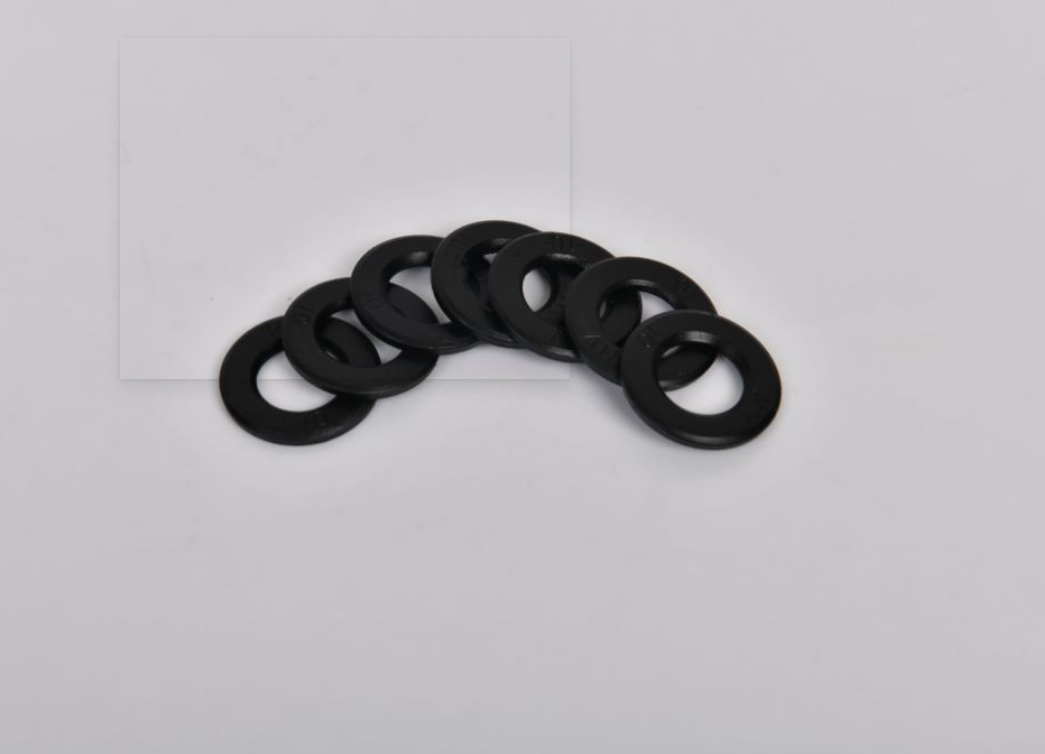General Tolerances for Spring Washers in Manufacturing Applications
Understanding Spring Washer General Tolerances A Guide for Manufacturers
Spring washers are an essential component in many mechanical assemblies, serving various functions such as preventing loosening, providing cushioning, and absorbing shock. As a manufacturer or an engineer, understanding the general tolerances associated with spring washers is crucial for ensuring the quality and reliability of your products. This article aims to provide an overview of spring washer tolerances and how they can impact your applications.
What are Spring Washers?
A spring washer is a type of mechanical device that offers flexibility and resilience. Typically made from materials such as stainless steel, carbon steel, or plastic, these washers are designed to provide a constant load under varying conditions. Their usage spans across various industries, including automotive, aerospace, electronics, and general engineering.
Spring washers generally come in several types, including wave washers, belleville washers, and disc springs. Each type has its specific applications and benefits, depending on the requirements of the assembly.
Importance of General Tolerances
General tolerances are critical in the manufacturing process as they establish the acceptable limits for dimensions and geometries of parts and components. For spring washers, adhering to these tolerances ensures that they perform their intended functions effectively, reducing the risk of mechanical failure or assembly issues.
High precision in manufacturing spring washers leads to improved performance in terms of load-bearing capacity and longevity. For example, if the internal or external diameter of a spring washer is not within the specified tolerances, it may not fit correctly in the assembly, leading to loosening or excessive wear over time.
Common Tolerance Standards for Spring Washers
Several international standards define general tolerances for spring washers. The most commonly referenced standards include ISO 2768 and DIN 267. These standards provide guidelines for linear dimensions, angular dimensions, geometrical tolerances, and material properties.
spring washer general tolerances company

1. Linear Dimensions Typical tolerances for spring washers may range from ±0.1 mm to ±0.5 mm, depending on the size and type of washer. For instance, smaller diameter washers will have tighter tolerances compared to larger ones.
2. Thickness Tolerances The thickness of spring washers is crucial for their functionality. Generally, the tolerance for thickness may also fall within ±0.1 mm to ±0.3 mm. Deviations from these tolerances can lead to significant changes in the load characteristics of the washer.
3. Geometrical Deviations Geometrical tolerances ensure that the parts fit well together. These may include flatness, roundness, and concentricity. For spring washers, roundness is crucial, as it impacts their ability to distribute load evenly across the assembly.
Effects of Non-Conformance
Failure to meet the defined tolerances can have several adverse effects on the spring washer's performance and the overall assembly
- Increased Wear and Tear When washers do not fit properly, they can lead to increased friction, which causes wear and potential failure of both the washer and the components it supports.
- Mechanical Failure A spring washer that is too thin may not provide adequate resistance, leading to loosening of bolts and screws, while a washer that is too thick may cause stress concentrations in the assembly.
- Cost Implications Non-conformance can lead to increased costs due to rejects and rework in the production process, as well as potential operational failures in the field.
Conclusion
In conclusion, understanding the general tolerances associated with spring washers is vital for manufacturers and engineers alike. Ensuring that all spring washers adhere to established standards not only guarantees effective performance in mechanical assemblies but also enhances the overall reliability of the final product. As technology progresses and industries evolve, maintaining stringent quality control and adhering to recognized tolerances will continue to play a significant role in the success of manufacturing processes across the globe. Manufacturers should invest time and resources in educating their teams about these tolerances and in implementing robust quality assurance practices to mitigate the risks associated with non-conformance.
-
Top Choices for Plasterboard FixingNewsDec.26,2024
-
The Versatility of Specialty WashersNewsDec.26,2024
-
Secure Your ProjectsNewsDec.26,2024
-
Essential Screws for Chipboard Flooring ProjectsNewsDec.26,2024
-
Choosing the Right Drywall ScrewsNewsDec.26,2024
-
Black Phosphate Screws for Superior PerformanceNewsDec.26,2024
-
The Versatile Choice of Nylon Flat Washers for Your NeedsNewsDec.18,2024










